There is a heroism in crime as well as in virtue. Vice and infamy have their altars and their religion
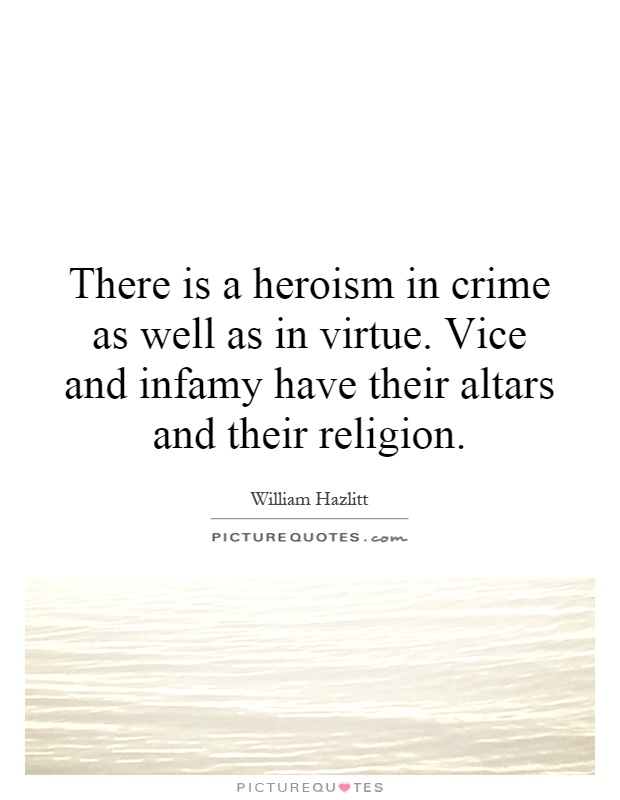
There is a heroism in crime as well as in virtue. Vice and infamy have their altars and their religion
William Hazlitt, a prominent English writer and philosopher of the 19th century, was known for his radical ideas and provocative statements. One of his most controversial assertions was that there is a heroism in crime as well as in virtue. Hazlitt believed that vice and infamy, despite their negative connotations, also have their own form of heroism and even a kind of religion.Hazlitt's statement challenges traditional notions of morality and ethics, suggesting that there is a complexity to human behavior that cannot be easily categorized as either good or bad. He believed that individuals who engage in criminal activities often do so out of a sense of rebellion or defiance against societal norms, and that this defiance can be seen as a form of heroism.
In his essay "On the Pleasure of Hating," Hazlitt explores the darker aspects of human nature, including the capacity for cruelty and violence. He argues that there is a certain thrill and excitement in breaking the rules and defying authority, and that this thrill can be seen as a kind of heroism. Hazlitt believed that individuals who are willing to challenge the status quo and take risks in pursuit of their own desires are acting heroically, even if their actions are considered immoral or illegal by society.
Hazlitt also believed that vice and infamy have their own altars and religion, suggesting that those who engage in criminal behavior often form their own subcultures and belief systems. He saw crime as a kind of counter-culture, with its own set of values and rituals that are distinct from those of mainstream society. Hazlitt's ideas about the heroism of crime and the religion of vice challenge conventional morality and invite readers to consider the complexities of human behavior and motivation.

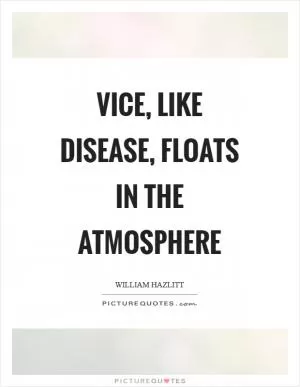
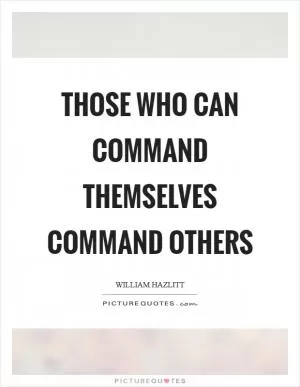

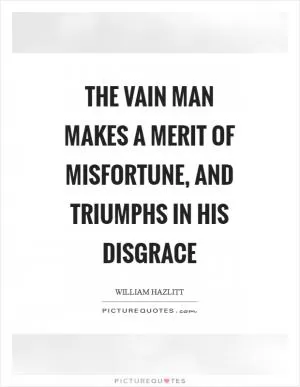
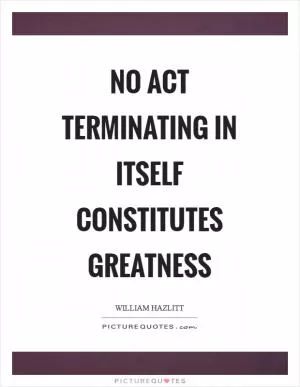
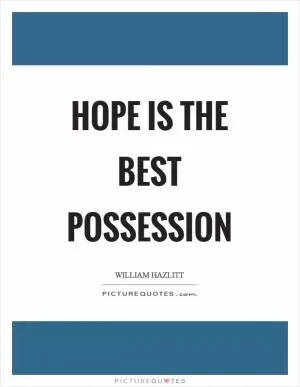

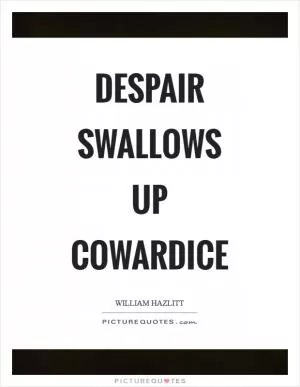
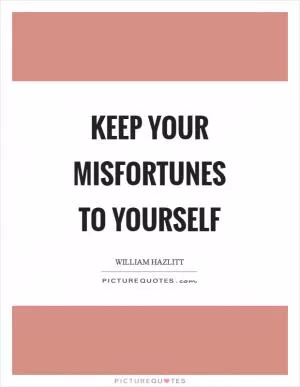
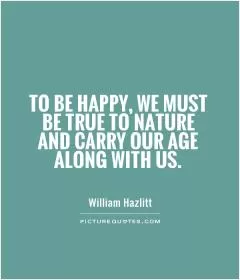

 Friendship Quotes
Friendship Quotes Love Quotes
Love Quotes Life Quotes
Life Quotes Funny Quotes
Funny Quotes Motivational Quotes
Motivational Quotes Inspirational Quotes
Inspirational Quotes